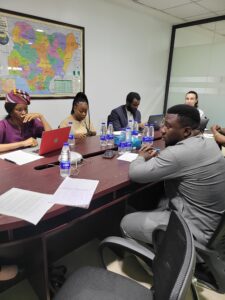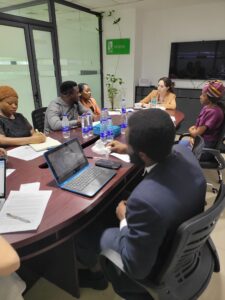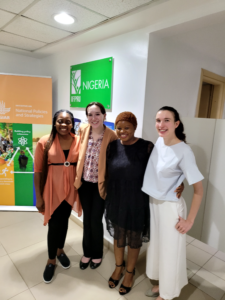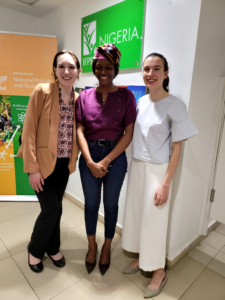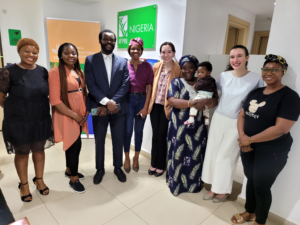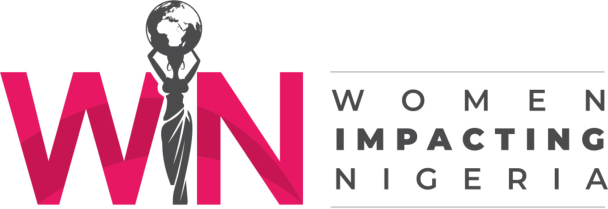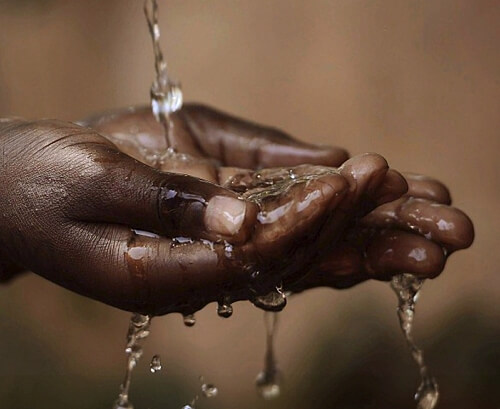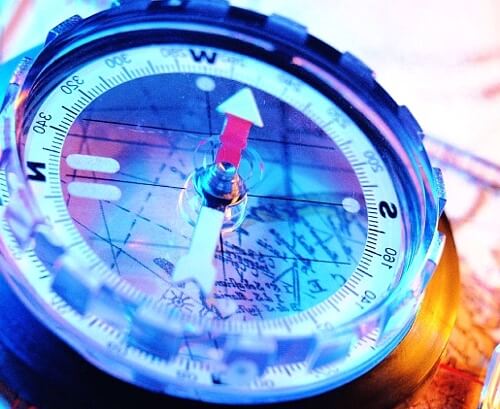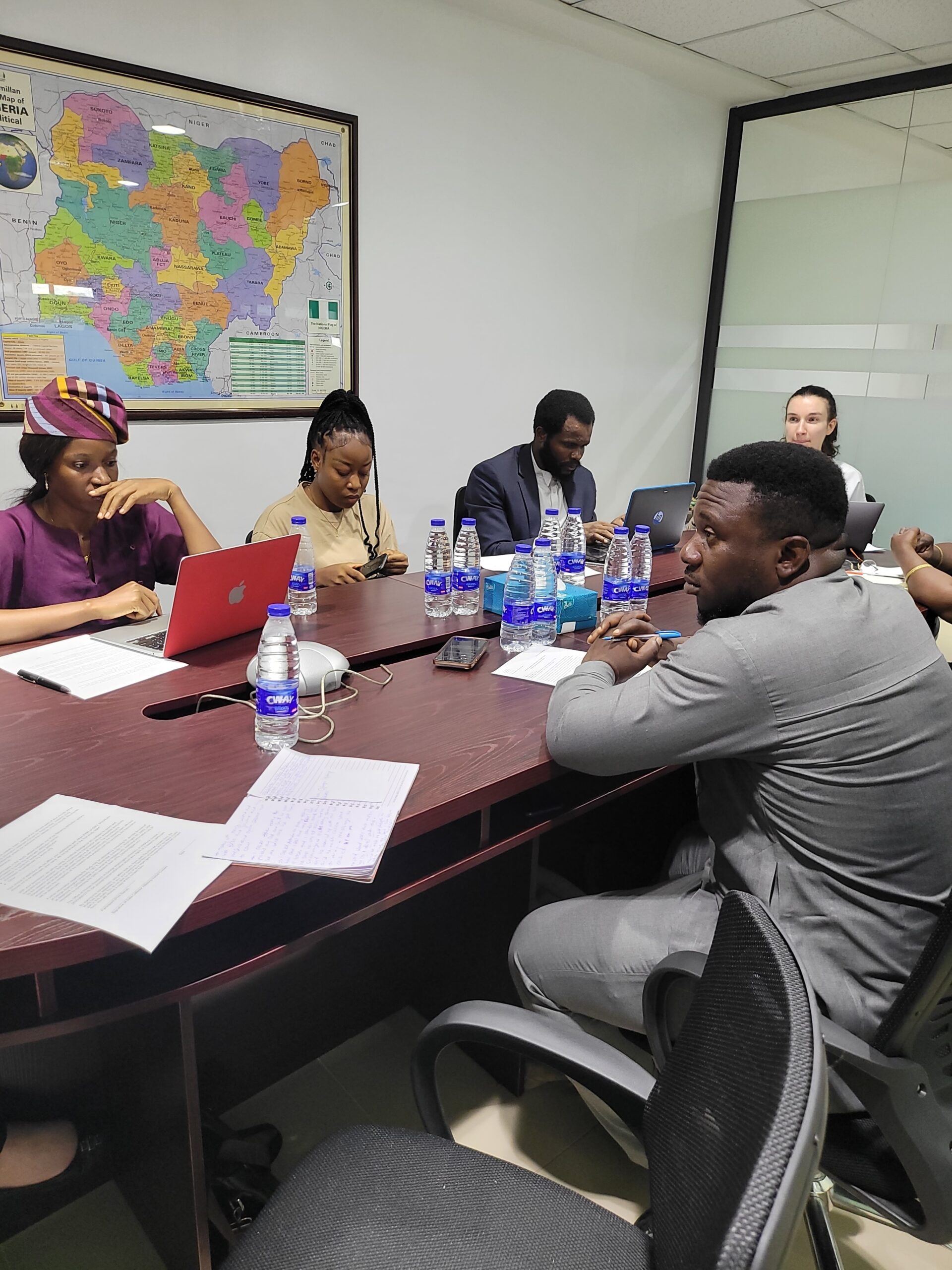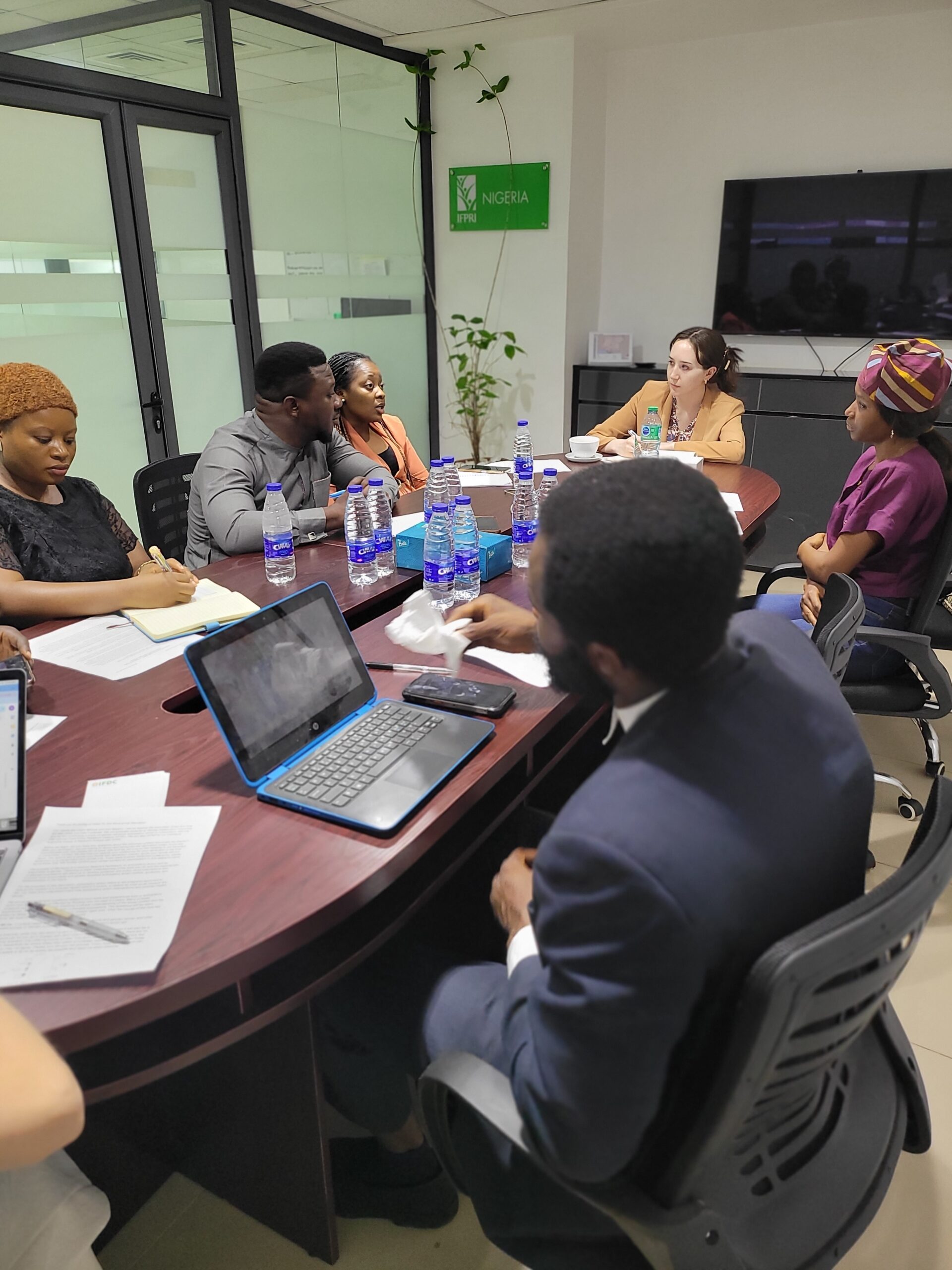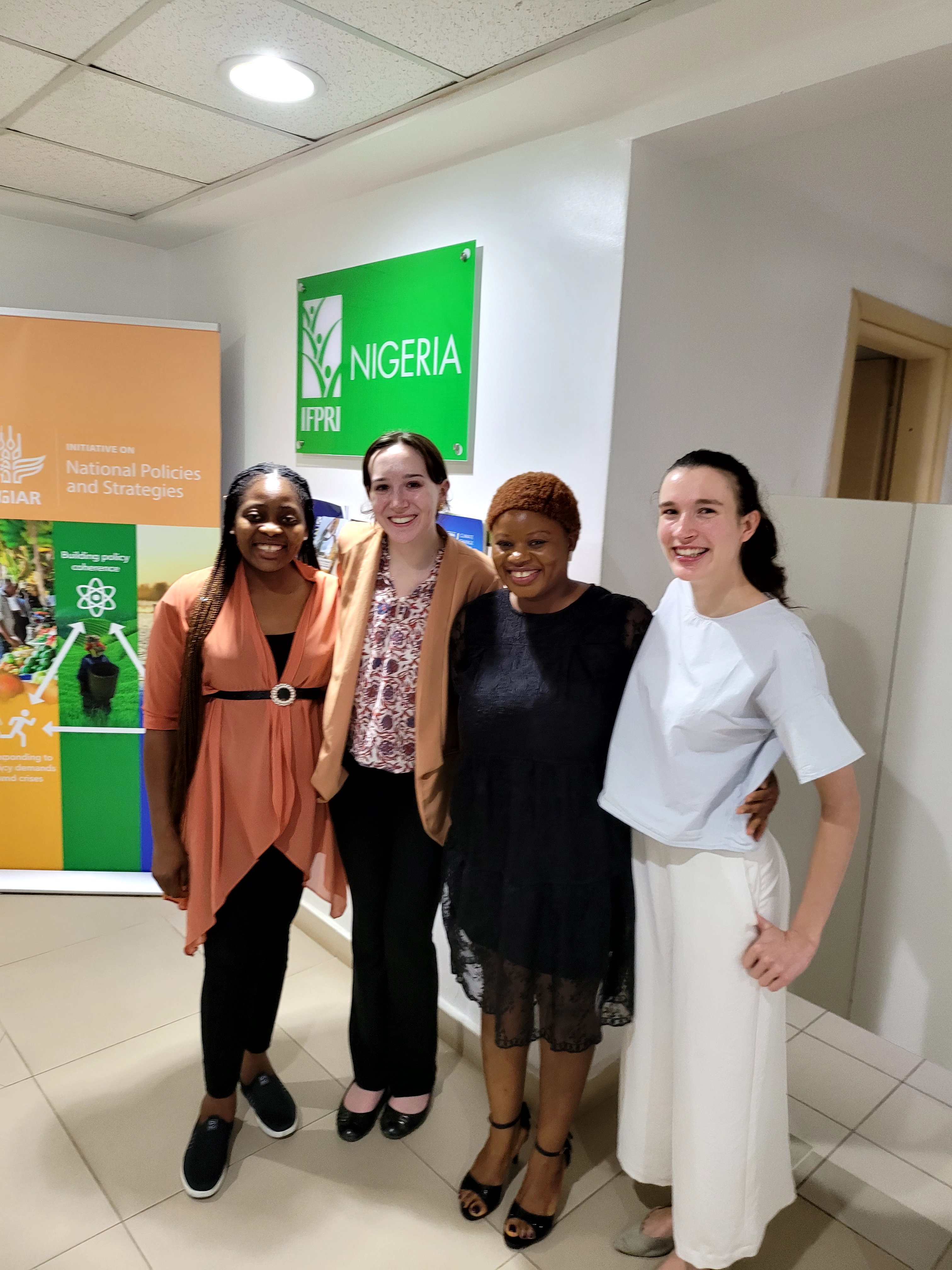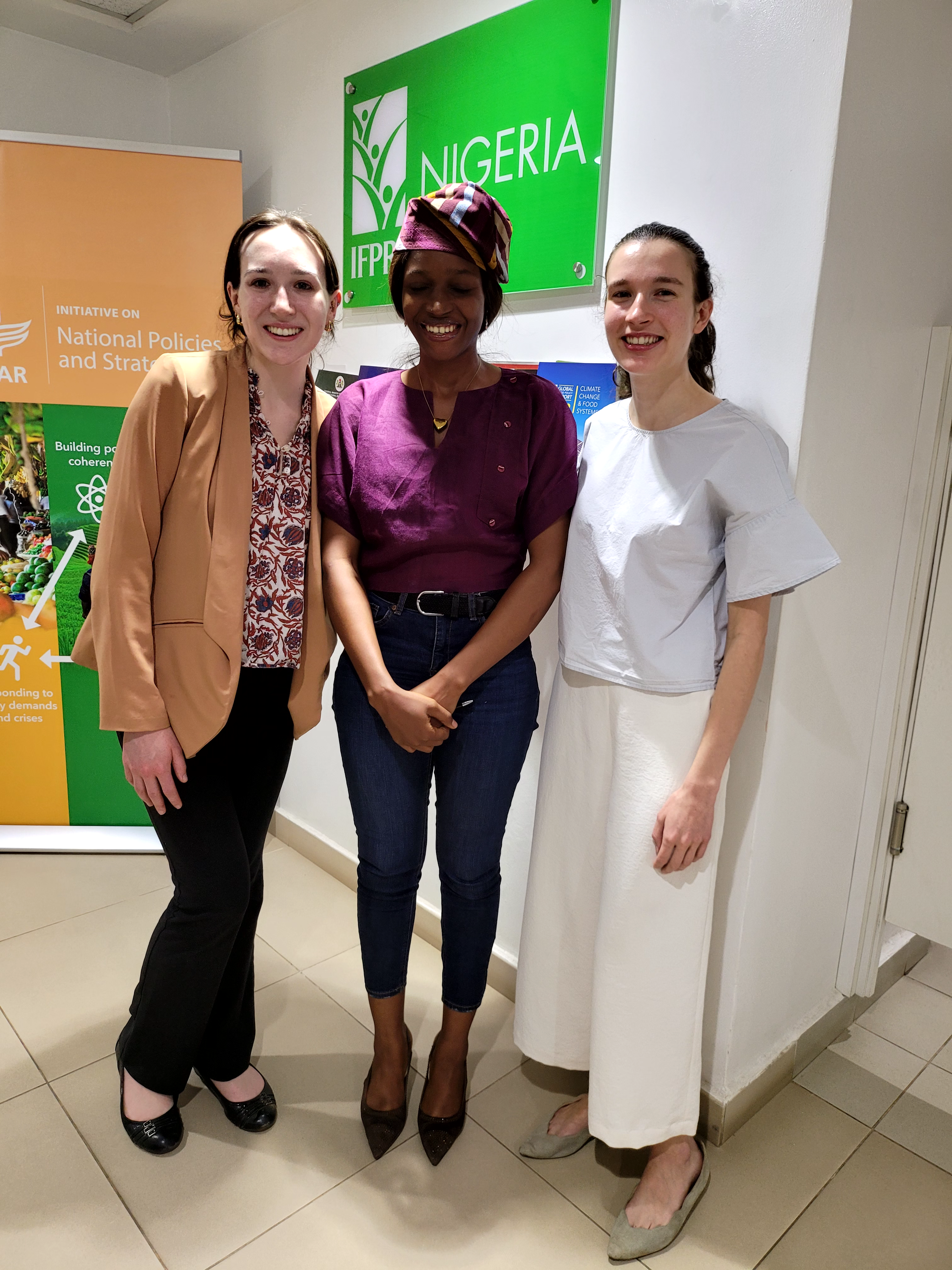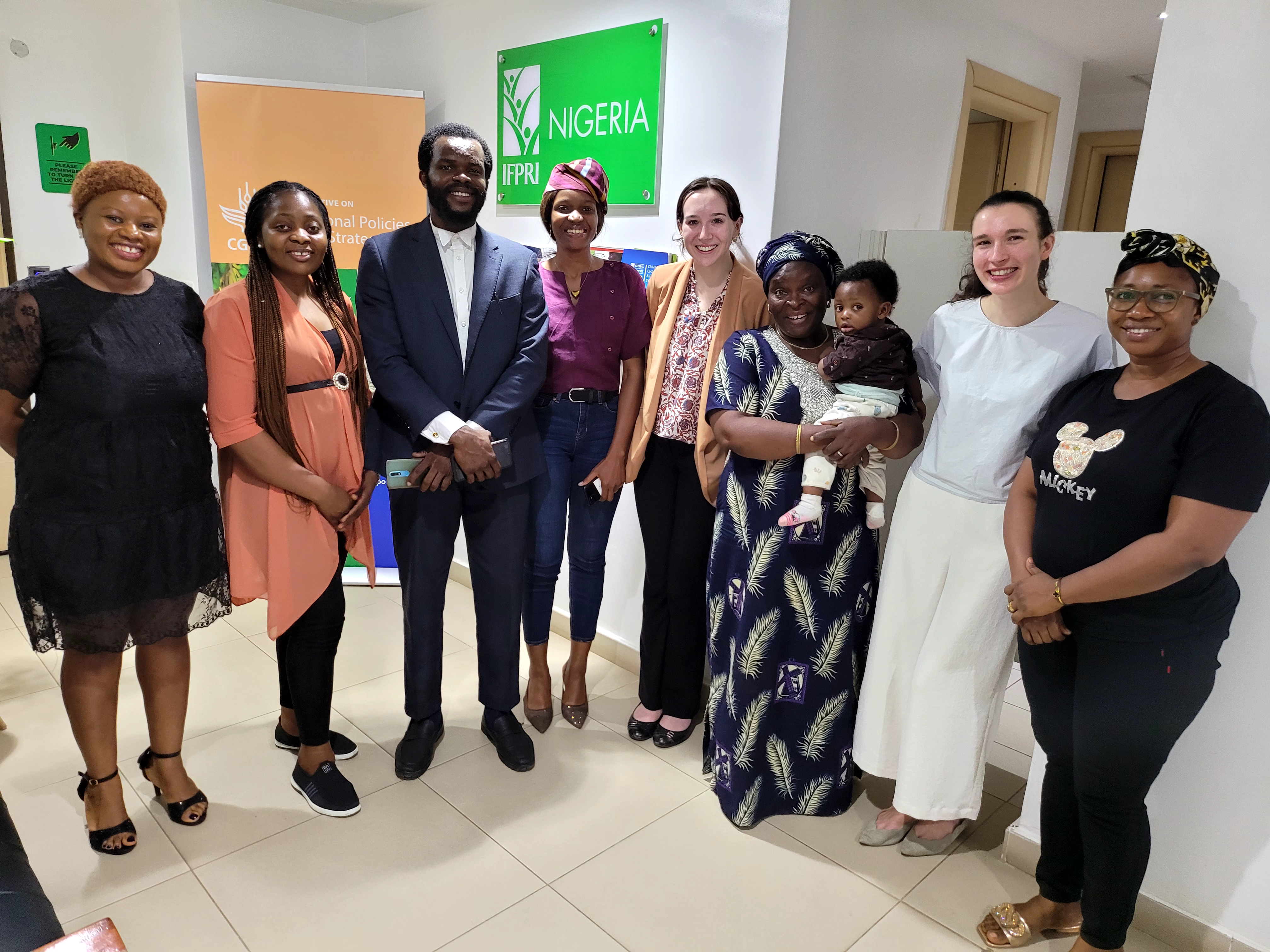Women Impacting Nigeria (WIN) held a Focus Group Discussion on ‘The Impact of Flooding on Women and Girls’ on 14th March 2024, in conjunction with George Washington University.
The discussion provided a comprehensive exploration of the impact of flooding on women and girls in Nigeria, offering valuable insights to inform research endeavors of Ana Madero and Caitlin Mittrick, representatives of George Washington University.
This event, which was held in the Federal Capital Territory of Nigeria, Abuja, brought together stakeholders and experts from WIN and covered a range of key issues such as gender inequality, flooding and climate change.
The discussion featured contributions from diverse sectors, including agriculture, legal advocacy, and disability rights, which fostered a nuanced understanding of the intersectional challenges posed by flooding.
Beyond flooding, the discussion expanded to encompass broader climate change concerns, examining their implications for women and girls. Insights were provided on the effectiveness of aid efforts in mitigating the effects of flooding on vulnerable populations.
The dialogue was enriched by personal experiences of the participants, who identified prevalent gender-related challenges exacerbated by flooding.
Participants also highlighted actionable strategies and interventions aimed at addressing climate change and enhancing resilience.
Instances of heightened insecurity and food scarcity in flood-affected communities across Nigeria were raised and solutions were proposed.
The session fostered meaningful dialogue and knowledge exchange, underscoring the collective commitment to addressing the pressing challenges posed by flooding in Nigeria.
Women Impacting Nigeria (WIN) remains committed to promoting gender equality, the SDGs and advancing women’s welfare.
WIN recognizes the disproportionate impact of climate change and flooding on women and girls and engages in initiatives aimed at building resilience, reducing vulnerability, mitigating risks, and addressing the specific challenges faced by women in climate-affected areas in Nigeria.
